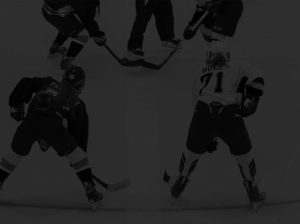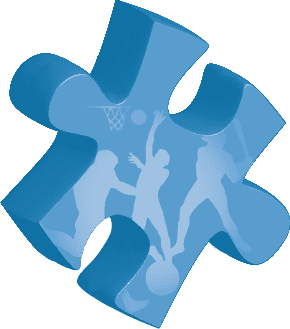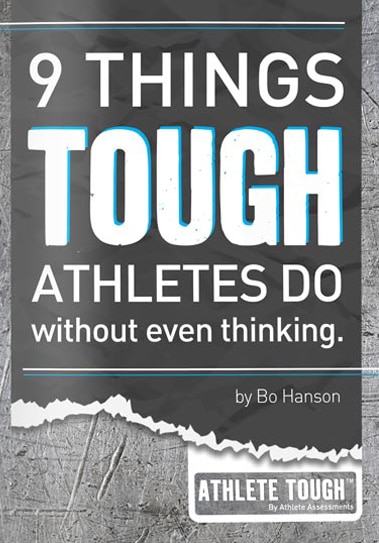Reframing and the Attribution Theory
By Bo Hanson, 4x Olympian and Coaching Consultant.
In this article we re-examine the highly discussed topic of athlete resiliency and two proven strategies for developing it; reframing, and attribution theory. Coaches can use and guide athletes to develop both skills.
Resiliency, or mental toughness is an attribute that every coach wants to see or develop in their athletes. One particular challenge that coaches face is their ability to provide athletes with the strategies to build and refine this skill. As we have said before, resiliency is a skill, it is not some inherent, innate ability that we are born with, or a personality trait, or even an aspect of a behavioral profile. Regardless of whether you are a C or an I, resiliency is a skill that everyone can learn. So, we are going to outline and break down two proven strategies which can help you help your athletes.
Reframing:
The first proven strategy we will discuss is referred to as reframing. Reframing, to put it simply, is changing the meaning of something. In reality, this is something that everyone does; however, resilient people consciously use this technique. Something only has meaning when an individual has chosen to give it meaning. For example, I vividly remember losing races, but, I would reframe the loss so as not to view it as a failure, rather, I’d view it as an opportunity to learn how I could improve for future performances. So, when you get an unwanted result, reframing could include questions such as: what can I do differently? What can I learn from this experience? Today’s result was not what I hoped for, but how can I use this learning experience to improve my skills, abilities, strategies, techniques, and trainings so I can perform better in the future? Resilient athletes set themselves apart from their competitors by changing failure, which can have a negative, potentially debilitating meaning and impact on self-belief, to something more productive like a learning opportunity. This productive thinking is not necessarily always positive, as a disappointing result can be a frustrating experience; however, this opportunistic thinking is always productive. Athletes only continue to carry the components of the experience that can motivate their improvement.
As coaches we must recognize that every athlete is unique and responds to feedback differently. There’s a time and a place when athletes will be ready to have an experience reframed for them, and this is different for every athlete. If an athlete suffers disappointment, there will obviously be some frustration and lingering effects as they try to cope with poor performance. And every athlete will need some time to decompress and calm down. So, at a time when they’re ready to receive feedback from you as a coach, emphasis should be placed on asking not why they performed poorly, but how they can perform better next time. This is a crucial component of reframing; focusing on changing the meaning of a result to get a productive outcome.
So, in essence, that is what reframing is. As a coach, timing and word choice is critical to help our athletes refocus their energy and analyze areas for improvement. Additionally, if we can already identify athletes who practice this behavior, it needs to be reinforced.

Attribution Theory:
The second proven strategy we will discuss is referred to as the Attribution Theory. Attribution Theory just means; what an athlete assigns poor or good performance to. Resilient athletes are more likely to attribute their performance to something they did. Perhaps it was a strategy or technique even how they performed under pressure. When an athlete doesn’t get the result they wanted, they might say something like, “I didn’t do as well in the rough conditions as I would like to. I just need to improve in these particular areas”. They do this as opposed to attributing to something that is inherent in themselves like their personality, or their identity. For example, if they were attributing their performance to part of their personality, they might say something like: “I didn’t succeed simply because I’m no good” or “I’m just not good at this sport” or “I’m just not a great athlete” or “I just don’t have what it takes”.
We don’t want athletes talking like that; what they’re attributing their lack of performance to is deep inside of themselves and their identity as opposed to just the behavior they can improve. It’s critical for coaches to listen to the way their athletes are speaking about performance and what they’re attributing it to. It’s just as important to notice when an athlete attributes a good performance to these kind of factors, they might say something like, “I just woke up on the right side of the bed today and just had everything go my way”. Resilient athletes never make these types of comments, attributing their performance, or lack thereof to something outside their control. Resilient athletes attribute their successes and failures to things they can control. It’s important to attribute performance to things we can control in order to improve performance and the biggest thing that we can control is ourselves.

Previously, in another resource, we discussed the circle of control versus the circle of influence; this model plays a critical part in understanding how to apply the attribution theory and develop resiliency. To find out more watch this short video.
Where to from here?

Inspiring Athlete Tough quotes
When things get tough or motivation is wavering, many people turn to a motivational quote for a burst of inspiration. We can also use inspirational

Mind Control
Getting yourself to shut down your brain and be ‘mindless’ isn’t always easy. Especially in those game defining moments, or when your team members are




